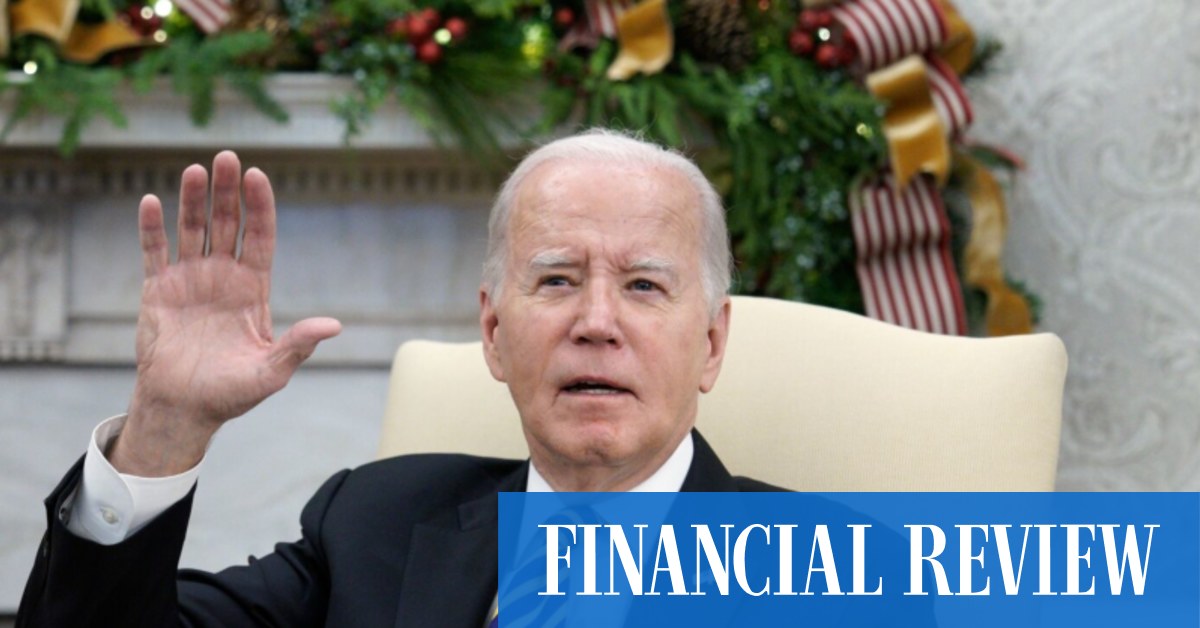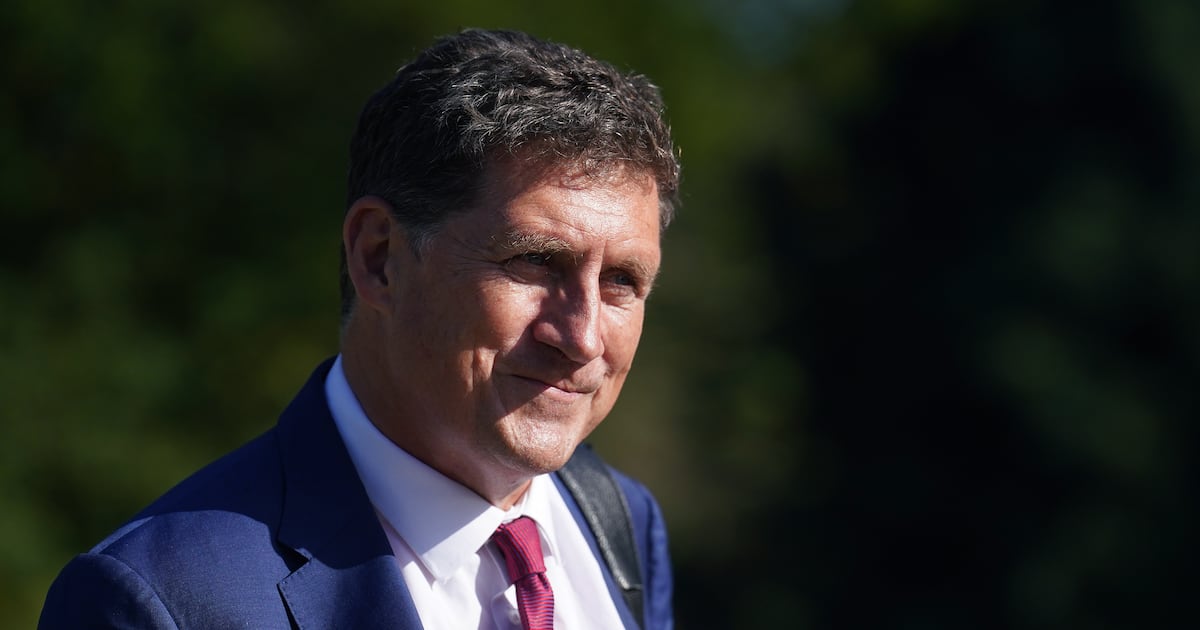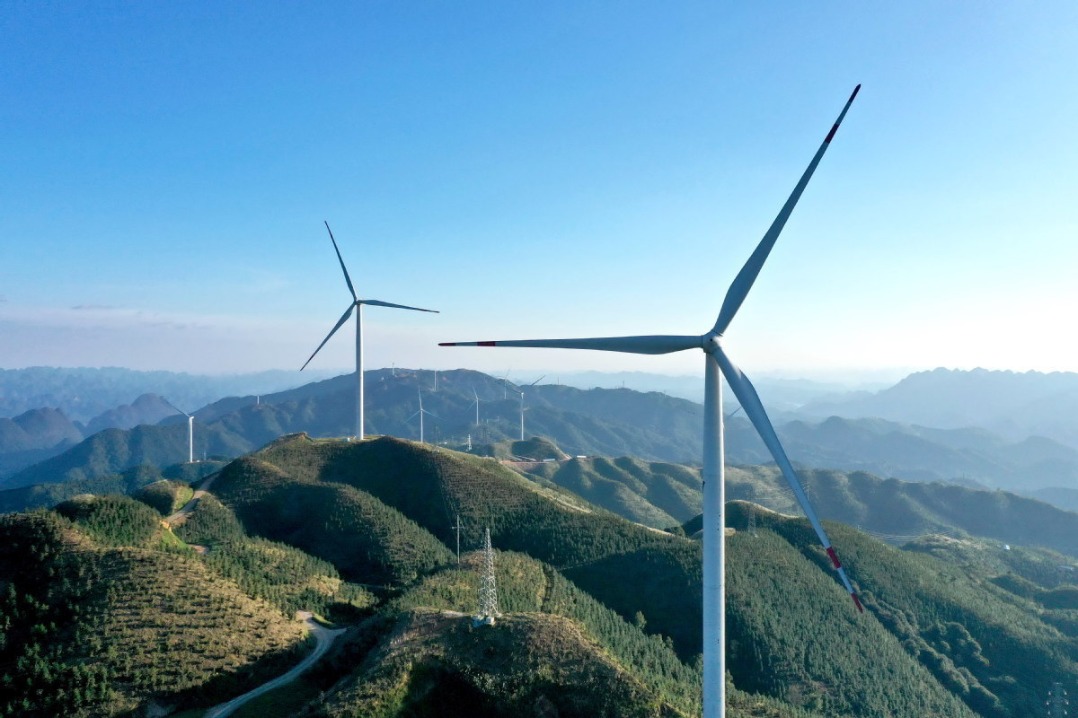Amidst concerns of capital outflow, the Biden administration’s stringent regulations for hydrogen incentives have sparked relief among Australian officials. The rules, disclosed just before Christmas under the Inflation Reduction Act, outline criteria for accessing tax credits vital for green hydrogen projects.
Rule Details and Stakeholder Input
To qualify for tax credits, developers must ensure a renewable energy source in the same power grid region, operating concurrently with the green hydrogen project. The Treasury, overseeing the consultation project, has allowed a two-month window for stakeholders to provide feedback before finalizing the rules.
Criticism of Stringency
Critics argue the rules are overly strict, hindering green hydrogen project developers from accessing crucial credits. Notably, Andrew Forrest, the billionaire behind Fortescue, expresses concern that these regulations may impede developments in the U.S. despite the Biden administration’s effort to provide clarity on hydrogen tax credits.
“We appreciate the work of the Biden administration to give clarity around the hydrogen tax credits. It is critical that the tax system does not slow that momentum by imposing additional barriers to green hydrogen production. We look forward to reviewing the proposal released and engaging with all the key stakeholders,” said a Fortescue spokeswoman.
Fortescue’s Energy Initiatives
Fortescue, expanding into the energy sector, plans to invest $750 million in three energy projects in the U.S. and Australia. The Phoenix Hydrogen Hub in the U.S., earmarked for a significant portion of this investment, aims to house an 80-megawatt electrolyser and liquefaction plant producing up to 11,000 tonnes of liquid green hydrogen annually.
Relief for Australian Officials
While the rules disappoint green hydrogen developers in the U.S., Australian officials see them as a safeguard against potential investment diversion. The federal government’s hydrogen investment program, Hydrogen Headstart, capped at $2 billion, remains a key focus for Australia, and officials believe the impact of U.S. subsidies on their country will be less significant.
Potential Global Impact
Experts predict that the onerous regulations may lead to non-U.S. energy industry participants, especially in the hydrogen space, choosing alternative investment destinations. Australia, with potentially more favorable and less onerous regimes, emerges as an attractive option for clean hydrogen projects.
The Biden administration’s move aims to balance incentivizing green hydrogen production while ensuring a fair and transparent process for accessing tax credits, but its impact on global investment dynamics remains to unfold.
Source:afr.com





